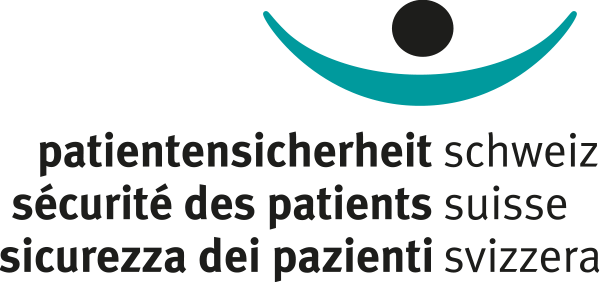
Anxiety and Obsessive-Compulsive Disorders
Do you have any questions? We are pleased to advise you:
+41 41 228 09 94
Along with anxiety disorders, obsessive-compulsive disorders (OCD) are quite common. There are different types of obsessive-compulsive disorders. Some people wash their hands constantly for fear of germs. Others always have to count or clean things. Such compulsion can become so strong that, over time, it determines the whole life. Whichever ritual any person has developed, people with obsessive-compulsive disorder are no longer able to stop it.
The causes of these disorders are not yet fully understood. Possible risk factors are:
-
Hereditary predisposition
-
Traumatic experiences in childhood
-
Tragic events, such as the loss of a loved one
-
Consequence of another disease – such as depression
-
Ongoing stress, mental overload and mental underload
Your guide:
Your checklist:
Further information:
(available in German, French and Italian)
The following treatment methods are available and can be used individually or in combination:
-
Psychological and psychotherapeutic treatments
-
Relaxation techniques
-
Medication from conventional and complementary medicine
-
Self-help measures: sports and exercise, meaningful daily structure, exchange with others affected
The objectives of these treatment are:
-
To alleviate the symptoms so that normal everyday life is possible again
-
To shorten the duration of discomfort and limitations
-
To promote a conscientious adherence to therapy sessions and medication by the affected person
Your guides:
Your checklists:
-
Talk to people around you about your illness, if you want to. It can be liberating to talk openly about the disorder with persons close to you.
-
Take your medication as prescribed. Do not make any changes to the medication yourself, but discuss this with your doctor. Attend the prescribed psychotherapy sessions conscientiously, even if you see an improvement.
-
Keep a mood journal.
-
Try to structure your day as well as possible. Maintain social contacts – take responsibility for yourself and others. Maintain hobbies.
-
Get out in the open air as often as possible and go out among people.
-
You save on costs if you choose generics and purchase your medication via a mail order pharmacy. Ask the doctor treating you for generic medication, especially when the doctor writes a new prescription.
-
Living with a chronic illness requires very good self-management in order to be able to successfully master the various challenges in everyday life. concordiaCoach can support you in finding good solutions.
-
In the event of the onset of new clinical symptoms and ailments, make use of counselling or medical support. Do not keep your pain to yourself.
Your guides:
Further information:
Give us your feedback: What experiences have you had with the CONCORDIA Health Compass? Do you have questions about using it?
What suggestions do you have for us? Or maybe you didn't find what you were looking for?
Call us on +41 41 228 09 94. Or write your message to healthcompass@concordia.ch.
We would be happy to provide further assistance.

